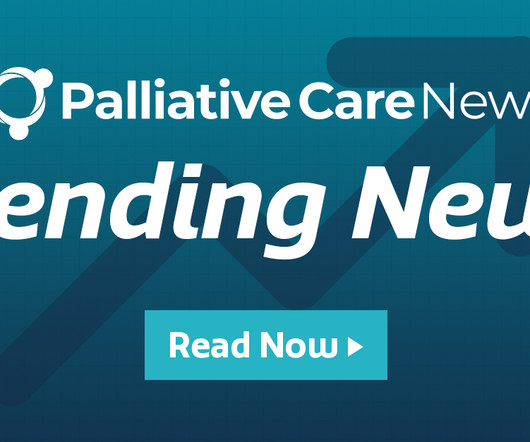How Palliative Care Could Help Break the SNF-to-Hospital Cycle
Hospice News
FEBRUARY 20, 2024
Even more so, specific Medicare and Medicaid policies perpetuate this cycle. After experiencing a functional decline at the hospital, the woman, no longer able to live at home safely, was sent to an SNF for post-acute care, covered by Medicare. Older adults frequently utilize such services, often in skilled nursing facilities (SNF).












Let's personalize your content